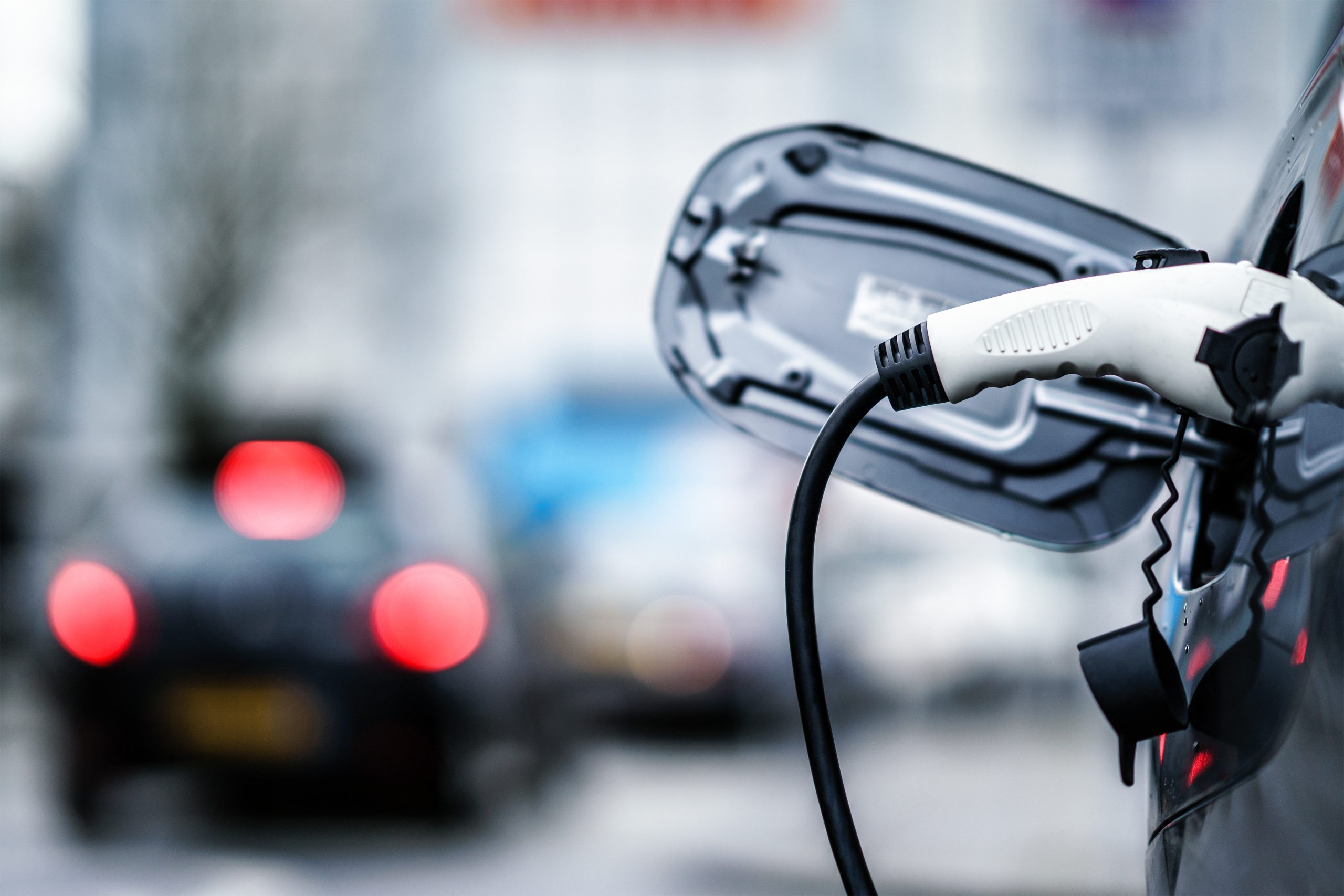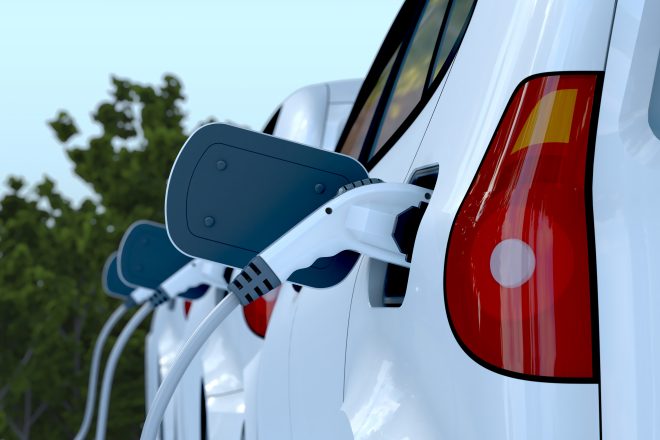How environmentally friendly and sustainable are electric cars really?
X minutes reading time
Electric cars do not have combustion engines or an exhaust that emits harmful waste. So the good news is that they don’t emit CO2 either. So does this mean they are also completely climate neutral? No, unfortunately not (yet). The extraction of raw materials, the car’s production and final disposal or recycling releases CO2. Nor is electricity generation completely free of emissions. So the question is: how clean are electric cars really?

Good news: a massively reduced carbon footprint
Because there are many factors and variables involved, it is impossible to give a specific and unambiguous answer to the question of how clean electric cars are.
However, we can say that the electric car’s carbon footprint is at least 40 and up to 80 percent lower over its lifetime. This is good news. The big difference is mainly determined by how green the electricity used to charge the batteries is and how green the supply chain is.
No CO2 emissions
The official specifications of electric cars indicate CO2 emissions of 0 grams per kilometre. That is, of course, the main benefit. This is the result of the mandatory European consumption test.
Although there are no direct emissions, there are indirect emissions. This is related to the generation of electricity. In our country, almost half of the electricity is still generated by coal and gas power plants, which contributes to the CO2 emissions of EVs.
Green power from (your own) solar panels is a sustainable and financially interesting alternative. Because of these advantages, the proportion is steadily increasing.
The production process and the tipping point
Let’s not just look at the car’s CO2 emissions. The car’s production also releases CO2. Especially (extracting the raw materials for) the production of the battery pack causes significant additional CO2 emissions. This means that the environmental impact of a new electric car in the showroom is greater than that of a petrol car.
This gap gradually shrinks as the electric car emits less CO2 per mile driven. According to TNO research, an electric car reaches the tipping point after about 39,000 kilometres. Over the car’s entire lifespan, an electric car will easily emit 35 to 55 percent less CO2 than a comparable petrol car.
Fine particulate matter and nitrogen oxides
But it’s not just CO2. Every car produces fine particulate matter, tiny particles that are bad for people’s health. Electric cars also don’t emit nitrogen oxides (NOx) directly, although these harmful substances are still released during the production of electricity.
Re-use and recycling: the keys to lower impact
While electric vehicles already offer considerable sustainability benefits in daily use and the technology is becoming increasingly mature, this also applies more and more to the entire EV chain.
The current generation of batteries has a very long life and relatively little degradation (decrease in charge capacity). When the batteries’ capacity reaches less than 70%, they can be given a second life for energy storage in companies or homes. For example, the Johan Cruyff Arena has used batteries from Nissan Leafs to balance its energy supply and demand for several years.
Finally, like all batteries, these batteries are recycled. This process is expected to mature and be sustainable in the coming years.
On the right track
Although electric cars are not completely climate-neutral and still have some negative environmental impact, several studies show that they are considerably cleaner than petrol cars over their lifetime. Reducing CO2 emissions, fine particulate matter, and NOx emissions are key benefits of electric vehicles.
Investing in green energy sources (such as wind power and in-house solar panels) remains important, as well as driving the car as efficiently as possible, giving batteries a second life, and recycling them. Then the maximum potential sustainability improvement of 80% over petrol cars can actually be achieved.


